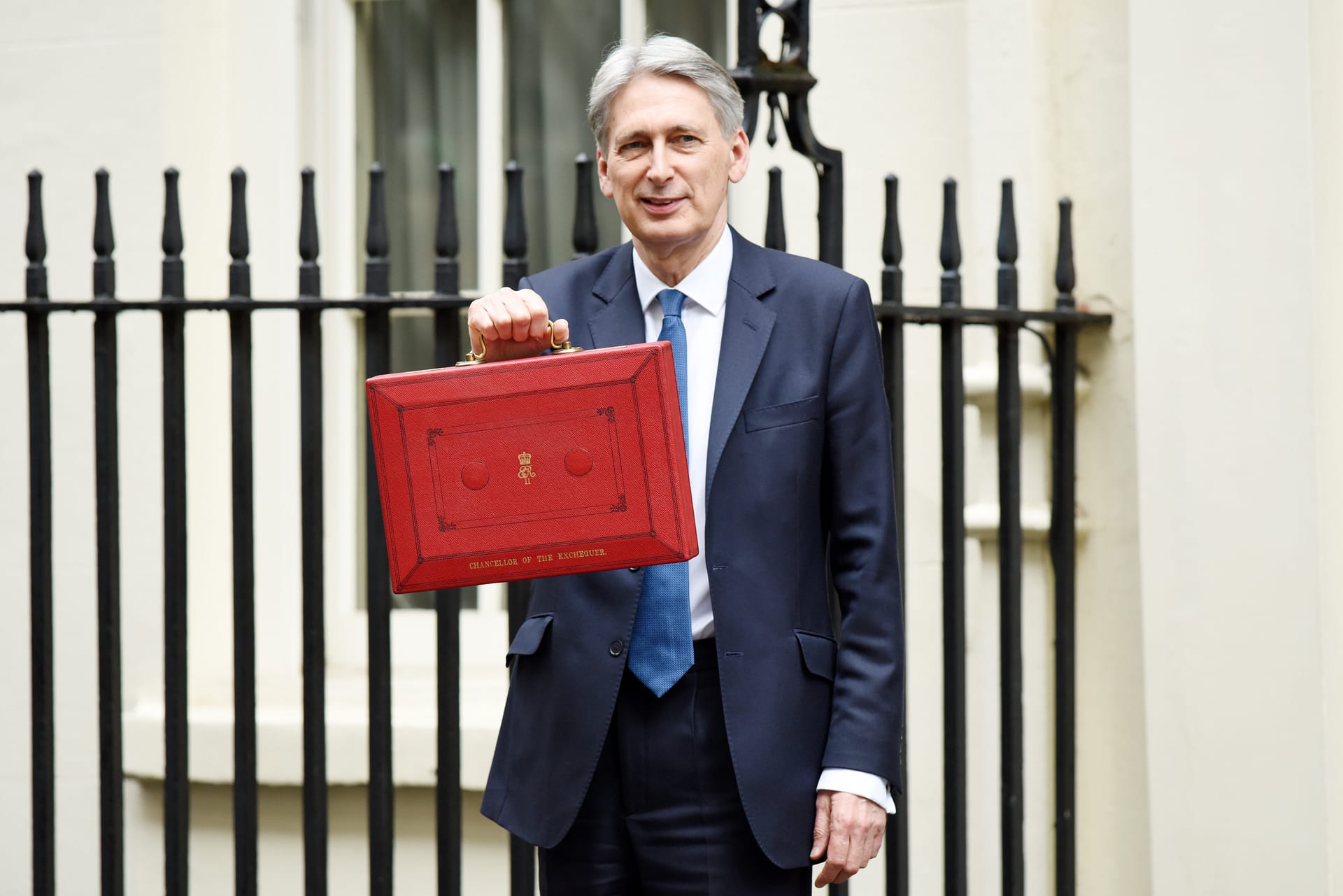A survey of 1000 SME business owners and directors[i] by Purbeck Personal Guarantee Insurance, provider of the UK’s only Personal Guarantee Insurance has found that over half will seek new finance in 2021. 54% of these businesses plan to use the newly launched Recovery Loan Scheme to help their business’s cashflow with 22% planning to borrow over £250k through the scheme, becoming Personal Guarantors for the loan in the process.
The survey found that the Bounce Back Loan Scheme was the main source of funding in 2020, however, close to a third, 27%, used a credit card facility to keep business going while 30% called on an overdraft facility, potentially incurring high fees and interest charges. 18% used asset finance and 15% called on the support of friends and family. This trend looks set to continue in 2021.
Key sources of funding for SMEs in 2021:
- Recovery Loan Scheme 54%
- Credit Card Facility 28%
- Overdraft 19%
- Alternative Finance Provider 15%
- Fresh Investment 15%
- Asset Finance 13%
- Friends and Family 12%
While the findings underline the continuing financial challenges for SMEs caused by the pandemic, with 43% seeing a fall of more than 25% in their income, for 38% of the SME business owners surveyed, 2020 was a year of income growth.
The hugely varying experiences of SMEs in the pandemic is reflected in the fact that just over half of the SMEs owners and directors surveyed (53%) feel the Government has done enough to support small businesses, however 34% disagreed with this view.
Todd Davison, MD for Purbeck Personal Guarantee Insurance said: “Almost half of the businesses in need of cash are planning to apply for the Recovery Loan Scheme but at this stage, the number of lenders is limited and we know the qualifying criteria is much tougher than the BBL or CBIL scheme so the success rate for applicants could be poor.It also concerning that close to 1 in 4 business owners are planning to become personal guarantors under the Recovery Loan Scheme for loans over £250k.While they won’t be liable for the whole amount and their private residence will be protected if their business fails, this is still a serious risk.
“Those firms unable to meet the criteria for the RLS may also face the prospect of needing to sign a personal guarantee for a loan secured independently, putting their home and life savings on the line if the business fails.It is vital business owners prepare for this likelihood now, seek advice on how to cut that personal risk – whether that’s through sharing the Guarantee with co-directors, agreeing terms for repayment of the loan or through Personal Guarantee insurance.This would settle up to 80% of the loan, leaving a director’s personal assets protected should the business fail.”





Leave a Comment